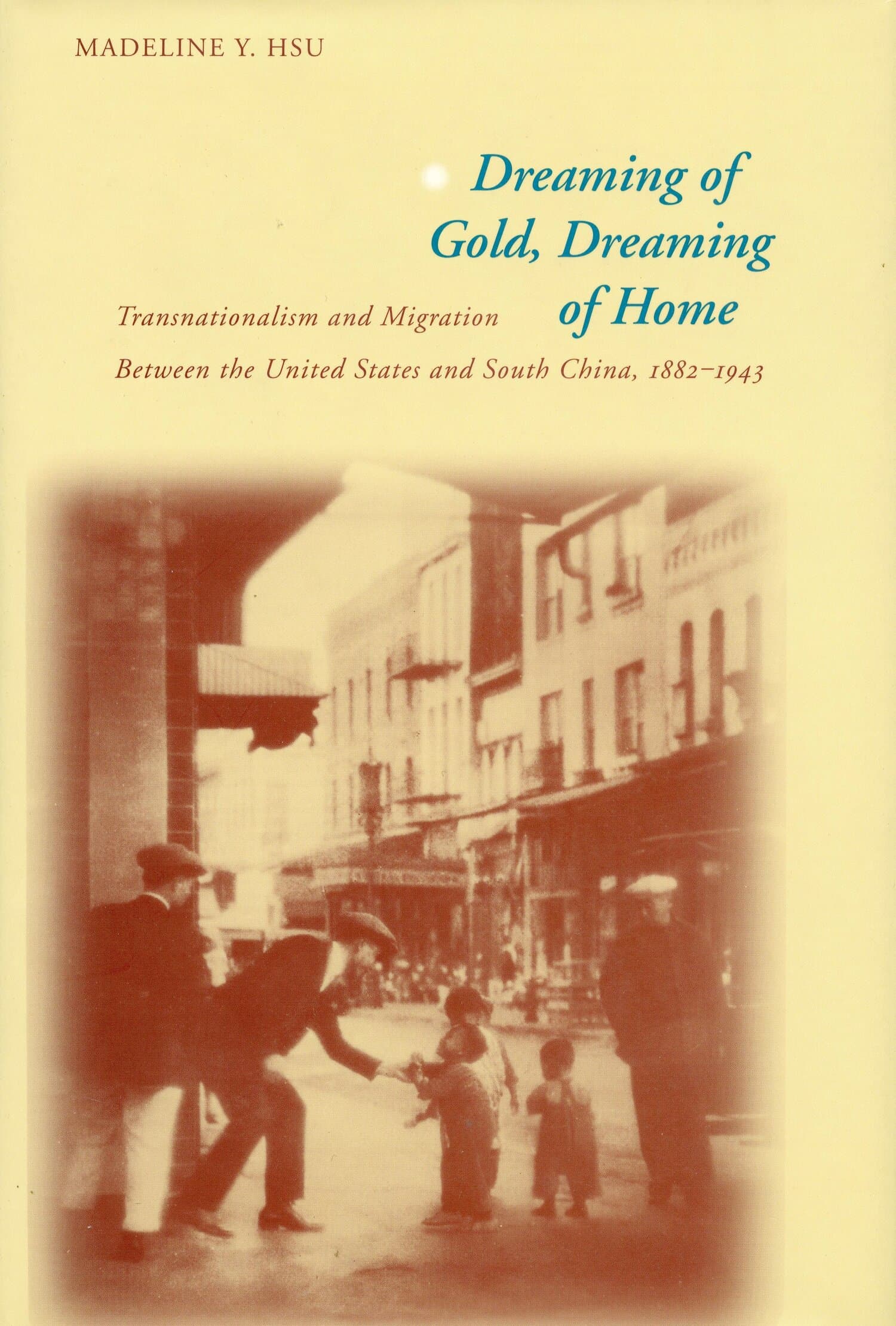Here, There, and Elsewhere
Award Winner
2021: Distinguished Scholarship Award
Winner of the 2021 Distinguished Scholarship Award, sponsored by the Pacific Sociological Association (PSA).2021: Distinguished Book Award
Winner of the 2021 Distinguished Book Award, sponsored by the American Sociological Association (ASA) - Sociology of Religion Section.2021: Asian America Book Award
Winner of the 2021 Asian America Book Award, sponsored by the American Sociological Association (ASA) - Asia and Asian America Section.

Challenging the commonly held perception that immigrants' lives are shaped exclusively by their sending and receiving countries, Here, There, and Elsewhere breaks new ground by showing how immigrants are vectors of globalization who both produce and experience the interconnectedness of societies—not only the societies of origin and destination, but also, the societies in places beyond. Tahseen Shams posits a new concept for thinking about these places that are neither the immigrants' homeland nor hostland—the "elsewhere." Drawing on rich ethnographic data, interviews, and analysis of the social media activities of South Asian Muslim Americans, Shams uncovers how different dimensions of the immigrants' ethnic and religious identities connect them to different elsewheres in places as far-ranging as the Middle East, Europe, and Africa. Yet not all places in the world are elsewheres. How a faraway foreign land becomes salient to the immigrant's sense of self depends on an interplay of global hierarchies, homeland politics, and hostland dynamics. Referencing today's 24-hour news cycle and the ways that social media connects diverse places and peoples at the touch of a screen, Shams traces how the homeland, hostland, and elsewhere combine to affect the ways in which immigrants and their descendants understand themselves and are understood by others.
"This is a tour de force. Combining nuanced ethnography with multi-sited historical analysis, Shams shows how South Asian immigrants' lives in the U.S. are shaped not only by where they come from and where they go, but also by events in third places they have never been. The surprising centrality of these 'elsewheres' is a breakthrough insight in migration studies."—David Scott FitzGerald, author of Refuge beyond Reach: How Rich Democracies Repel Asylum Seekers
"A significant body of contemporary migration research assumes that a dualistic focus on the country of origin and host society are appropriate for the creation of cutting-edge accounts of contemporary migration. In her study of South Asian Muslims and their descendants settling in California, Tahseen Shams challenges the adequacy of the homeland/hostland approach by demonstrating that depictions of events in migrants' countries of origin as well as those in regions to which these migrants have no connection—such as Syria, Palestine, Nigeria, and Western Europe—significantly influence their acceptance and adjustment. In so doing, Here, There, and Elsewhere advances our approach for understanding migration, resettlement, and transnational phenomena."—Steven J. Gold, Michigan State University
"In this well-written and timely ethnographic study, Shams draws on her insider knowledge as a first-generation Bangladeshi-American woman to eloquently illustrate how different generations of South Asian Muslims navigate their identities as Muslims....Moving beyond a simple homeland-hostland binary, Shams' book is a welcoming intervention in both theories of assimilation and transnationalism."—Cristine S. Khan and Van C. Tran, Social Forces
"[A] significant intervention in how we understand immigrants' lived experiences....Shams effectively uses examples from her fieldwork to convey the utility of the multicentered relational framework to various arenas of South Asian Muslim Americans' identity construction, while leaving analytical space for this concept to be further developed through additional case studies of other immigrant groups within and outside of the U.S.A. This is an important book."—Adrienne Lee Atterberry, South Asian Diaspora
"This well-written book presents new insights and an alternative model for researching immigrant communities, and contributessignificantly to migration, religious, and ethnic studies. Recommended."—D. A. Chekki, CHOICE
"Here, There, and Elsewhere is pushing the boundaries of immigrant studies by pointing to the importance of global interconnections in understanding immigrant identity and socialization. It is worthy of serious attention by scholars of immigration and ethnic studies."—Sangay Mishra, Ethnic and Racial Studies
"Tahseen Shams's Here, There, and Elsewhere: The Making of Immigrant Identities in a Globalized World tells an important story about migrants: how migrant communities are interconnected to a host land and homeland, here and there, respectively. This is a compelling and thought-provoking concept, what Shams terms as an 'elsewhere,' that builds upon existing transnational feminist theories, by which Shams illuminates how a place neither 'here' nor 'there' can shape the migrant experience."—Annie Isabel Fukushima, American Journal of Sociology
"Shams's groundbreaking multicentered relational framework of Here, There, and Elsewhere: The Making of Immigrant Identities in a Globalized World is a model to understand migrants' identity and their sense of belonging beyond the homeland-hostland dyad and the influence of 'Elsewhere.'"—Sumiya Mahmud, The Asia Pacific Journal of Anthropology
"Many scholars have attempted to address integration, assimilation, or enculturation as a way to make sense of the immigrant journey of identity shaping and shift in the hostland. Shams allows us to think on a multidimensional plane where identity can be informed by acts of individual agency, such as supporting Palestine, or acts of protection, such as subscribing to the 'good Muslim' script. These examples are influenced by the history and politics of the home and host countries. Shams allows for immigrants to be seen as individuals, without essentializing their stories based on their Muslimness."—Ashvina Patel, H-Diplo
"This study highlights, with urgency, the danger of domestic Islamophobia rooted in events abroad."—The Christian Century




